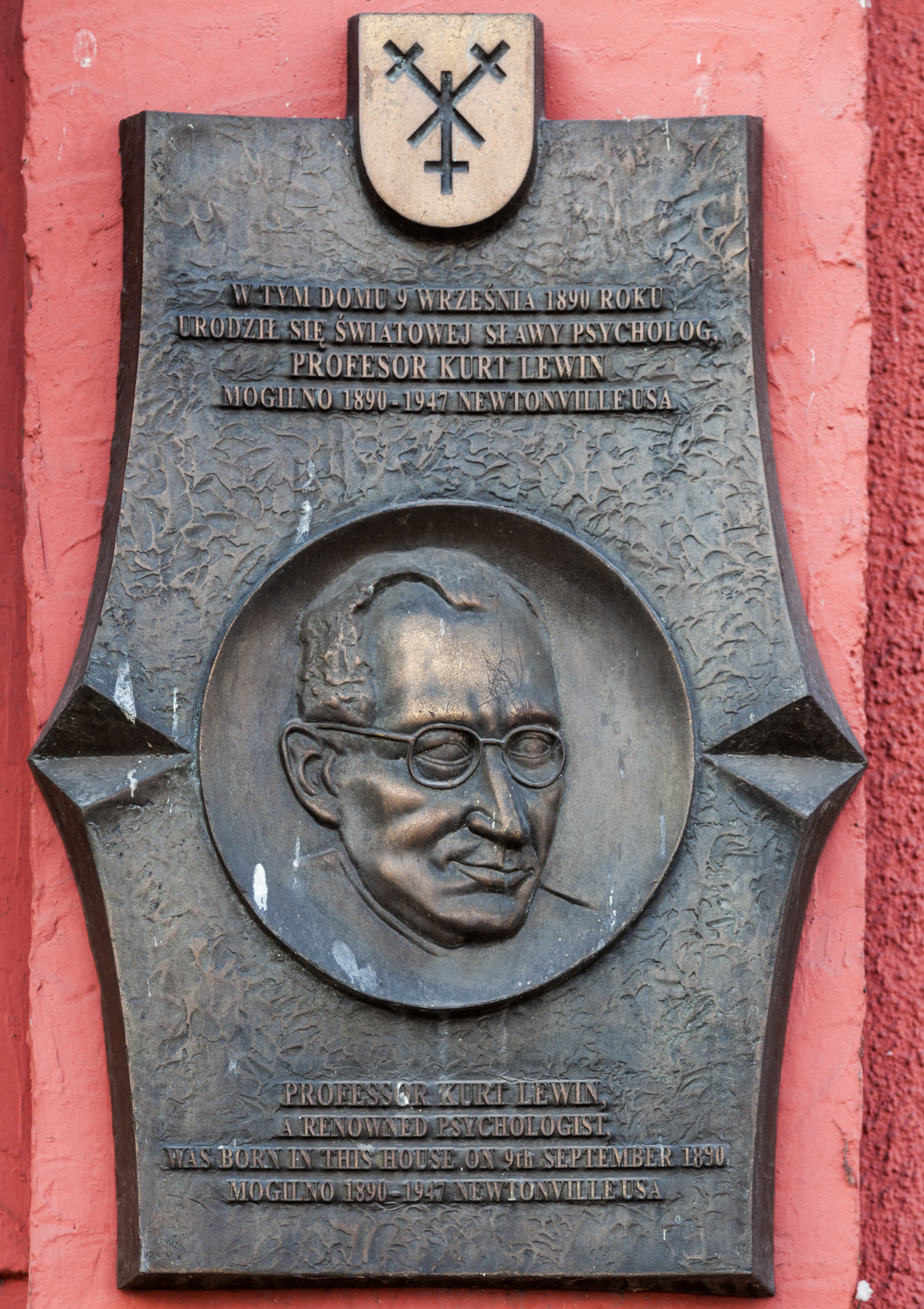Kurt Lewin citáty a výroky
Kurt Lewin: Citáty v angličtine
Zdroj: 1930s, A Dynamic Theory of Personality, 1935, p. v.
Zdroj: 1930s, Patterns of aggressive behavior in experimentally created “social climates”, 1939, p. 272.
Zdroj: 1930s, A Dynamic Theory of Personality, 1935, p. 42 as cited in: Anthony C. Westerhof (1938) Representative psychologists. p. 48.
Zdroj: 1940s, Quasi-Stationary Social Equilibria and the Problem of Permanent Change, 1947, p. 39.
Zdroj: 1930s, A Dynamic Theory of Personality, 1935, p. 78.
Zdroj: 1930s, Principles of topological psychology, 1936, p. 218, as cited in: Granville Stanley Hall, Edward Bradford Titchener, Karl M. Dallenbach (1937) The American journal of psychology. Vol. 50, p. 374.
Zdroj: 1930s, Principles of topological psychology, 1936, p. 3.
Kurt Lewin (1939) "Field theory and experiments in social psychology" in: American Journal of Sociology. Vol 44. p. 879.
1930s
Zdroj: 1930s, The conflict between Aristotelian and Galileian modes of thought in contemporary psychology, 1931, p. 143 Donald P. Spence (1994) The Rhetorical Voice of Psychoanalysis. p. 50 summarized this quote as "Class membership defined the essence or essential nature of the object".
Zdroj: 1930s, A Dynamic Theory of Personality, 1935, p. v-vi.
Zdroj: 1930s, The conflict between Aristotelian and Galileian modes of thought in contemporary psychology, 1931, p. 153 as cited in: Eells, T. D. (2007). " Generating and generalizing knowledge about psychotherapy from pragmatic case studies http://www2.scc.rutgers.edu/journals/index.php/pcsp/article/viewFile/893/2263". In: Pragmatic Case Studies in Psychotherapy, Vol 3, Nr. 1, p. 35-54.
As cited in: M.K. Smith (2001) " Kurt Lewin, groups, experiential learning and action research http://www.infed.org/thinkers/et-lewin.htm". In: The Encyclopedia of Informal Education.
1940s, Resolving social conflicts; selected papers on group dynamics, 1948
Zdroj: 1940s, Quasi-Stationary Social Equilibria and the Problem of Permanent Change, 1947, p. 40.
Zdroj: 1930s, A Dynamic Theory of Personality, 1935, p. 10 as cited in: Coleman Roberts Griffith (1943) Principles of systematic psychology. p. 215.
Kurt Lewin (1943) "Psychological ecology". In: D. Cartwright (Ed.) Field Theory in Social Science. London: Social Science Paperbacks. As cited in: Bernard Burnes (2004) " Kurt Lewin and the Planned Approach to Change: A Re-appraisal https://blackboard.le.ac.uk/bbcswebdav/institution/College%20of%20Social%20Science/School%20of%20Management/DL%20Materials/MBA/2.%20Organizational%20Behaviour/Section%208/Burnes.pdf" in: Journal of Management Studies. Vol 41. Nr 6. p. 977-1002.
1940s
Zdroj: 1940s, Resolving social conflicts; selected papers on group dynamics, 1948, p. 133 as cited in: Roger Dale, Madeleine MacDonald, Geoff Esland (1976) Schooling & Capitalism: A Sociological Reader. p. 111.
Zdroj: 1930s, Patterns of aggressive behavior in experimentally created “social climates”, 1939, p. 271.
Kurt Lewin (1939) "When facing danger". In Lewin, G. W. (Ed.), Resolving Social Conflict. London: Harper & Row.
1930s
